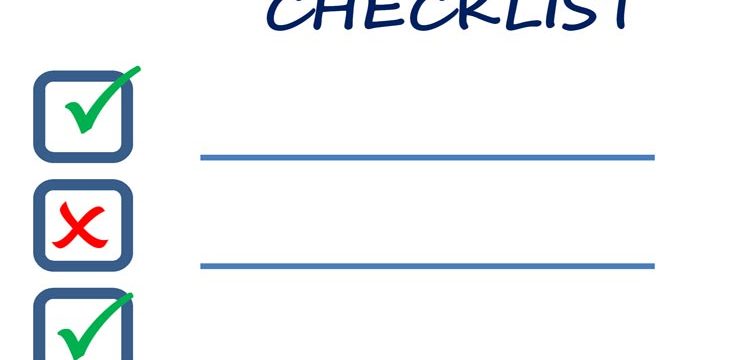When a person dies, their estate must be ‘administered’, which can mean different things for a person who owned a business than for someone who did not. If the deceased person was a business owner, it is important to seek advice from a lawyer immediately as there are many things to know about and to do, especially when it comes to tax compliance.
If the persons who has died was near and dear to you it may be difficult to focus on the administration of their estate, especially if it includes a business that is operational. If this is the case you may want to appoint a deceased estates lawyer as an executor. This will save you a lot of stress at a time you are least able to bear it.
Otherwise, it is important to know exactly what you should do as the executor of the estate. Here is an ATO checklist to help you.
- Find out if the deceased had a Will and who they appointed as executor. You may already know this if it is yourself. If not, the public trustee in your state may be asked to act on behalf of the deceased.
- If you have been appointed executor, you may need to establish your ID and authority in order to deal with the deceased’s tax affairs.
- You must notify the ATO of the person’s death. This can be done online or by completing a paper form and either posting it to the ATO or presenting it to a person at an ATO shopfront. If you choose the online option it will be necessary to attend an interview at an Australian Post outlet with the documentation necessary, i.e. the death certificate and other supporting documents.
- You can appoint a legal representative to do this on your behalf. The ATO may contact you to confirm this appointment.
- You may need to lodge a tax return for the decease person. There is much information online to tell you when and whether this is necessary. Or you can have your lawyer find out all about it.
- There may also be a need for a tax return for the estate of the deceased, which is treated like a trust at this time. This means you will need to apply for a tax file number (TFN) for the estate.
- If the deceased is your spouse and has a business that is still operating and earning income, it will be necessary to do a tax return for the estate every year.
If the deceased died intestate, the wisest course of action is to let your lawyers handle his estate and all the things that need to be done to sort it out. You may need to consult with them as well to answer certain questions and instruct them what to do.


